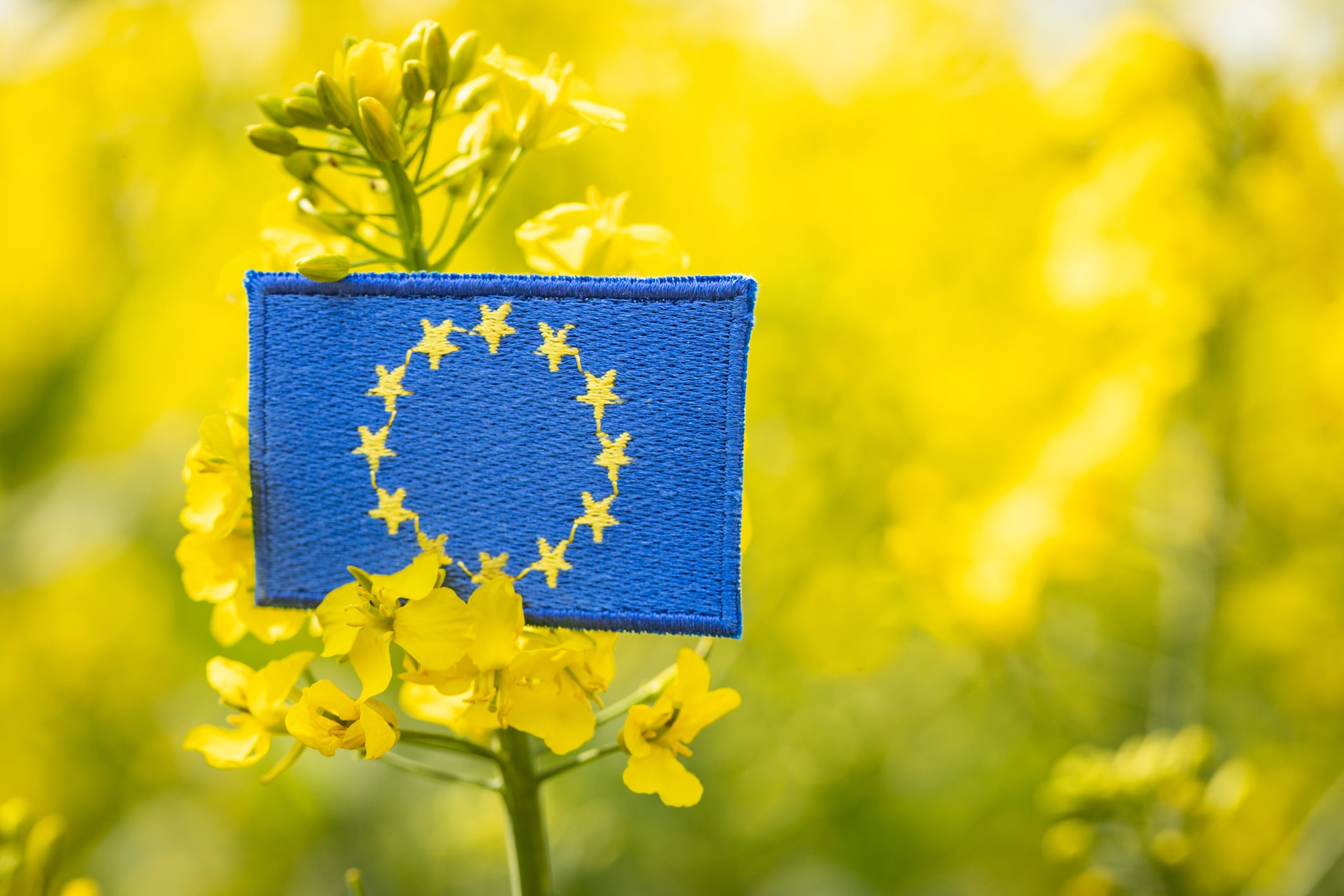What does the EU Biotech Act mean for food? A quick summary
- EU Biotech Act aims to simplify biotech regulation across key sectors
- Food industry pushed for inclusion of agriculture and fermentation tech
- Second part of Act will focus specifically on food innovation needs
- Regulatory sandboxes may help fast-track novel food product approvals
- AI could accelerate protein modelling and fermentation process efficiency
The European Union’s upcoming Biotech Act is hotly anticipated in the world of food.
The Act could be integral to food innovation, streamlining regulation in areas such as precision fermentation.
What is the EU Biotech Act?
The EU Biotech Act is an upcoming piece of EU legislation aimed at boosting biotechnology.
The legislation was announced last year by Commission President Ursula von der Leyen in order to “make it easier to bring biotech from the laboratory to factory and then onto the market”. It is expected to loosen regulatory barriers around the sector.
Key stakeholders in the world of food urged the Commission to include biotechnology related to food and agriculture, rather than just health, during the first call for evidence regarding the act, explains Manon Ombredane, director at law firm Squire Patton Boggs.
Specifically, they highlighted the need to address regulation around novel foods, precision fermentation technology, and genetically modified organisms (GMOs).
While the food sector was initially concerned that food would not be given the requisite focus, the announcement that the Act will be split into two has assuaged some of their fears.
While the first half will focus on health, the second part of the Act, expected for Q3 next year, is expected to have greater relevance for the food sector.
What will the Act do for food?
The Biotech Act will “shape how food innovation develops for years to come,” said Lorena Savani, director of biotech and protein at EIT Food, at the Next Bite event earlier this month.
Savani emphasised that food “definitely” will have enough attention from the Biotech Act.
Its potential is significant, especially with such keen challenges coming from the regulatory landscape in food biotech.
“The complexity and slowness of EU procedures have long been a key criticism from the food industry, particularly in relation to innovation,” says Squire Patton Boggs’ Ombredane.
She points to the EU’s novel foods regulation, specifically the long average duration of the application process which is prolonged by multiple ‘stop-the-clock’ procedures.
A way of addressing this that could be incorporated into the Biotech Act is the use of regulatory sandboxes.
Regulatory sandboxes, which were mentioned in the Commission’s recent Vision for Agriculture and Food, allow food innovations to be tested without the full burden of regulatory constraints, albeit for a limited time under the supervision of regulators.
This could have a “transformative” effect on food innovation, suggests Ombredane, addressing the transition from pilot phases to industrial-scale production.
AI in food tech could also be boosted by the Act, she suggests. “One interesting aspect to consider in the context of the EU Biotech Act is the role of AI which could support the development of useful protein models.
“AI tools are increasingly being used to accelerate research in sustainable proteins by predicting molecular structures or optimising fermentation processes, for instance.”
While the nature of the Act’s impact on the food sector is currently uncertain, there is optimism in some quarters.
“The Biotech Act represents a unique opportunity for the EU to turn innovations being developed by a growing pool of European scientists into economic benefits, creating high-value jobs and securing long-term competitiveness,” suggests Pauline Grimmer, policy manager at nonprofit think tank The Good Food Institute (GFI).
The Act, she says, can help to scale the infrastructure, increase the public funding and create the regulatory pathway for novel food innovations. The EU has, she points out, already signalled its intention to focus on fermentation technologies in its Strategy for European Life Sciences.
Whatever shape the Act finally takes, it is likely to be influential on the food innovation landscape to come.





